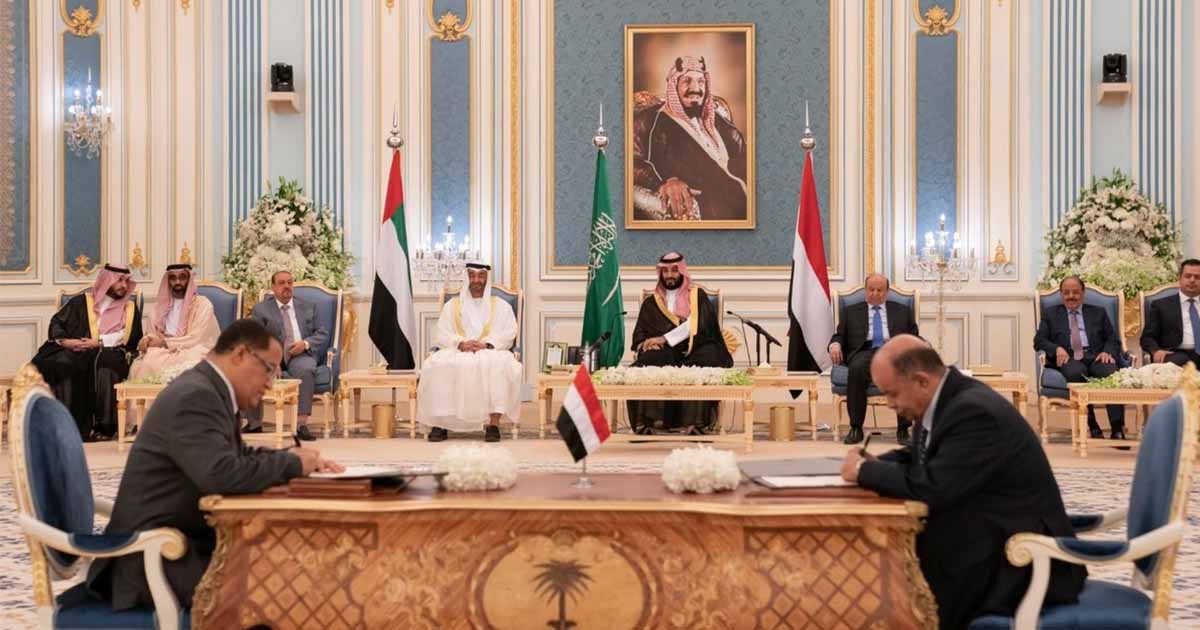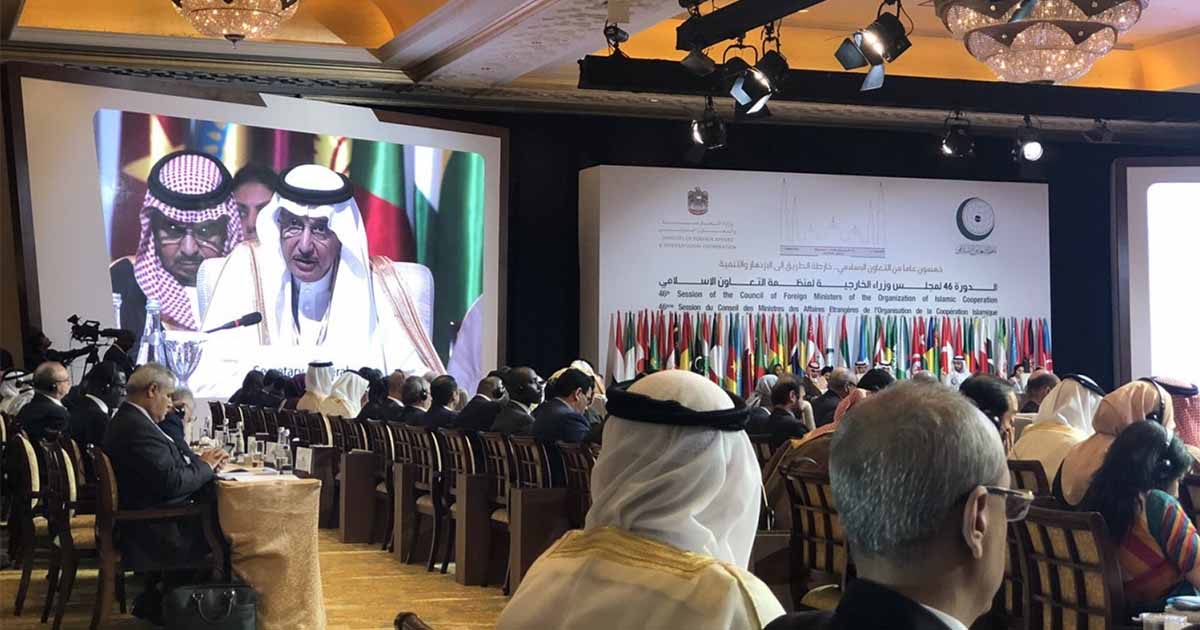Opinion |
The power-sharing agreement signed in Riyadh on November 5 between the Saudi-backed Yemeni government headed by Abd-Rabbu Mansour Hadi and UAE-backed southern separatist group known as the Southern Transitional Council (STC) gives reason to hope that Saudi Crown Prince Mohammed bin Salman is veering round to the political track to end the bloody war in Yemen.
The agreement as such gives patently unrealistic deadlines and the terms of the deal are far too ambitious — such as the formation of a new government with half of the cabinet posts for the STC; surrender of weapons by the STC within next 15 days and for organizing under a single political and military chain of command, etc.
Nonetheless, what stands out is the main political thrust aimed at bringing the STC on board to prevent a ‘war-within-the-war’ in southern Yemen by formally giving representation to it in any peace talks with the main Houthi opposition, with the intent to make the group a stakeholder rather than be as a spoiler.
The war in Yemen began in 2015 as a joint enterprise of the Saudi and UAE crown princes, conceived in the privacy of their friendship, as another front against Iran
Yet, the trust deficit between Hadi and STC is all too obvious. Both Hadi and the STC head Aidarous al-Zubaidi left it to subordinates to sign the peace document and apparently didn’t even shake hands and they later met the Saudi Crown Prince separately.
Clearly, the Saudi compulsions largely stem from the unraveling of its interventionist coalition in Yemen. The war has become Saudi Arabia’s burden.
Sudan is following the footfalls of the UAE and is drawing down troops in Yemen after taking heavy losses in the war against the Houthis. Over four thousand Sudanese fighters have been killed so far since the Saudi intervention in 2015. Qatar and Morocco already pulled out of the war in Yemen two years ago.
The big question is how the defeat in Yemen would impact the relations between the Saudi and Emirati leadership. The Crown Prince of UAE Sheikh Mohammed bin Zayed al-Nahyan was present at the signing ceremony in Riyadh on November 5, but the 4-page agreement never once mentioned the UAE.
Read more: Putin Quotes Holy Quran to Urge for Peace in Yemen: “You Became Brothers by his Favor”
The war in Yemen began in 2015 as a joint enterprise of the Saudi and UAE crown princes, conceived in the privacy of their friendship, as another front against Iran. In recent months, however, UAE made the course correction to draw-down in Yemen and, furthermore, sent delegations to Tehran to improve relations.
The Iranian Foreign Ministry lost no time to react to the Riyadh Agreement. In a statement on November 6, the foreign ministry spokesman singled out the provision in the agreement to the effect that the government forces under Hadi and the STC military forces will leave Aden province within 30 days, while security inside Aden city will be overseen by Saudi Arabia’s military.
The Iranian spokesman said: “Signing such documents will by no means help settle the problems of Yemen, and it will contribute to the stabilization of occupation of southern Yemen by Saudi Arabia and its allies, directly or through their proxy forces. The vigilant people of Yemen, who have always fought against the occupiers, will not allow their enemies and ill-wishers to bring the south of that country under the control and occupation of the foreign forces.”
The signing of this agreement is an important step for our collective efforts to advance a peaceful settlement to the conflict in Yemen
Tehran will be wary of any US and Saudi attempt to erode its influence over the Houthis and to exclude Iran from any peace process. Notwithstanding the propaganda that the Houthis are Iranian proxies, in reality, Houthis have a long history of independence.
To be sure, Tehran will closely monitor Saudi intentions. Following the UAE drawdown, Saudi Arabia has in recent weeks increased its military presence in southern Yemen, bringing in additional troops, armored vehicles, tanks, and other military equipment, and also took control of Aden earlier this month.
Nonetheless, the peace deal does not appear to be aiming at the escalation of the war so much as for creating bargaining chips in the negotiations with the Houthis. In remarks after the signing of the agreement in Riyadh, Saudi Crown Prince stated that “The Riyadh Agreement is a milestone towards a political solution to end the war in Yemen.”
Both Washington and London have welcomed the Riyadh Agreement and encouraged a peace process. President Trump said the signing of the agreement is a “very good” start, and he called on all parties in Yemen to continue to exert efforts to reach a final deal.
Read more: Yemen catastrophe: Hazards of Saudi interventionist policy
In a statement, the British Foreign Office said it “supports this document as an important step to reach a comprehensive political solution in Yemen.” Equally, in a statement, the UN special envoy for Yemen, Martin Griffiths said: “The signing of this agreement is an important step for our collective efforts to advance a peaceful settlement to the conflict in Yemen.”
It must be factored in that the peace deal over southern Yemen comes in the backdrop of a spate of reports recently that the US and Saudi Arabia are in talks with the Houthis (here and here). Interestingly, on November 6, Riyadh confirmed for the first time that it is in talks with the Houthis. The endgame has truly begun.
M. K. Bhadrakumar has served as a career diplomat in the Indian Foreign Service for over 29 years, with postings as India’s ambassador to Uzbekistan (1995-1998) and to Turkey (1998-2001). He writes extensively in Indian newspapers, Asia Times and the “Indian Punchline”. This piece was first published in Indian Punchline. The views expressed in this article are the author’s own and do not necessarily reflect Global Village Space’s editorial policy.












